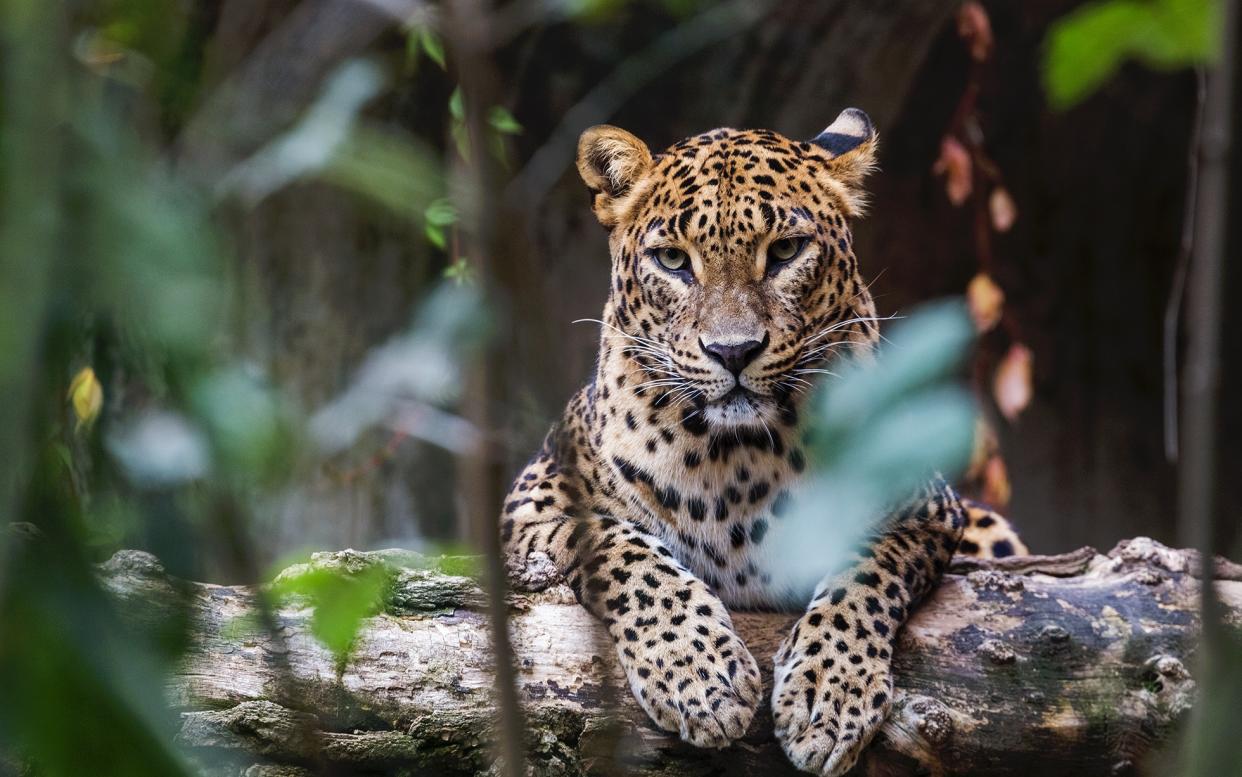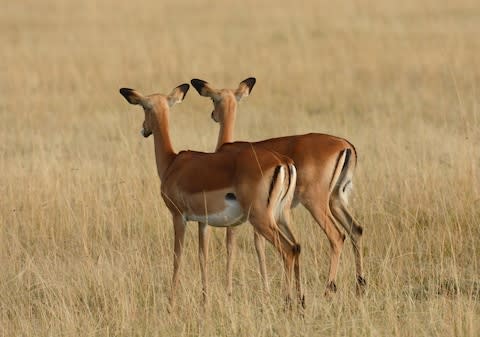Have wildlife documentaries spoilt the safari experience?

In a world where TV makes animal A-listers available for our viewing pleasure, reality can disappoint – so how do we manage expectations?
Oh please. Not another hyena! Briefly, the cluster of vehicles raised your hopes. But now, as your safari guide pulls over to watch the scavenger tucking into an impala carcass, you lower your camera and sink back down with a sigh.
Disappointed? Surely you should be delighted. Here you are in the African bush, with this animal so close you can count its whiskers. It’s a thrilling moment, a privilege. And yet, over the noisy crunching of bone, you’re silently cursing your misfortune.
There’s nothing wrong with hyenas, of course. But you’ve been on safari for three days and this is hardly your first. The problem with this particular hyena is that it’s not a leopard. That elusive cat – the biggest prize on your wish list – continues to give you the slip. And time is starting to run out.
It doesn’t help when your guide explains that this impala was, in fact, killed by a leopard. Neither did it help earlier to find the tracks of a different leopard that had passed unseen through your camp last night.
If only your guide had turned left along the river loop. If only you’d been here last week. If only you’d gone to Kenya instead of Tanzania. If only…

As a wildlife traveller, perhaps you recognise these feelings. A sense that fate has conspired against you; that you’ve been misled, even swindled, when you don’t see what you were hoping for. After all, leopards were emblazoned across the brochure and website. Everybody else seems to have got lucky. Why not you?
I’ve witnessed many such moments: in India, guests alighting crestfallen from their jeep, having failed to find a tiger; in the Azores, whale-watchers disembarking despondent after the ocean had failed to deliver a blue whale. In each case, these people had enjoyed a thrilling adventure in a gorgeous place, with a wealth of other wildlife on view, yet they had come away feeling somehow cheated.
The problem is our modern expectation of wildlife on demand. Now that pretty much all the world’s animal A-listers are available for our viewing pleasure, from mountain gorillas in Rwanda to polar bears in Svalbard, we have come to expect a sighting as our right. Safari-goers in the past counted themselves lucky to see one leopard in a lifetime but today, bombarded by images in the media, we feel entitled to them.
It’s as though paying for our wildlife experience gives us contractual rights. After all, we’d feel ripped off if we turned up in Paris and the Eiffel Tower wasn’t there. Why should the likes of leopards be any different?
Perhaps we are missing the point. Nature can never make promises. The clue is there in the word “wildlife”: seeing these animals is thrilling because they are wild, and therefore free to do their own thing – which includes not showing up at all. Implicit in the thrill of every sighting is the possibility of a non-sighting.

Lest I sound holier-than-thou, I should confess: it was me grumbling about that hyena. I’ve also caught myself grumbling after failing to find wolves in Spain, and in Belize after searching in vain for a jaguar. I claim no moral high ground. We’re all human; and we all fall prey to high expectations.
Perhaps it’s time to adopt a more Zen approach. Remind yourself how lucky you are to be there. By being on safari at all, you already have a front-row seat at a wildlife spectacular, regardless of what animals you chalk up.
Meanwhile, as you wait for the guide to stop talking about the hyena and restart the engine, take a look around. It’s all happening: a bateleur eagle soaring overhead; a monitor lizard peering from a termite mound. Sometimes it’s not until you don’t see what you want to see that you truly open your eyes.


